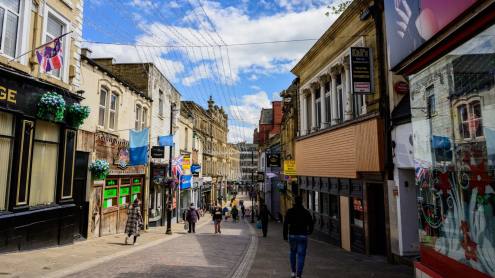The financial crisis has made regulators wary of innovation. So far, much of their attention has focused on bank capital and securitisation, but they could now turn to the mechanics of electronic trading.
The changes in this area have been truly breathtaking. This was brought home to me by Thomson Reuters in the UK, which tells me that in 2000 it was following 5000 trading changes per second. This has increased to 550,000 changes per second today, and the exchanges expect it to top 1 million by the end of the year.
Algorithmic black-box systems have stretched the point further, by moving from simple trading of stocks to complex trading strategies that seek arbitrage opportunities at every point of the trade lifecycle.
But things can go wrong. In May the US market went into freefall followed by a rapid recovery without a full understanding of why. High-frequency trading and other modern techniques were hauled into the blame game. Now the US Securities and Exchange Commission (SEC) is bringing in rules that will stop a freefall by freezing any equity whose price moves by more than 10% in any five-minute period. Is this the right course of action?
Regulators took a lot of heat for the recent crisis. The SEC and UK Financial Services Authority are concerned about developments such as 'flash orders', where a sell-side firm might change prices in real time between a client's order and its execution to make a buck.
The authorities may try to rein in the ability of technology to create innovative trading opportunities. But how much of a brake can they really apply? Not much. Sometimes regulation creates more innovation. MiFID moved a third of all European equities trading from traditional exchanges to high-frequency automated pools. Do they really want to reverse this? I don't think so.
So it's all about checks and balances... or is that cheques and bank balances?
Chris Skinner is an independent financial commentator and chairman of London-based The Financial Services Club







